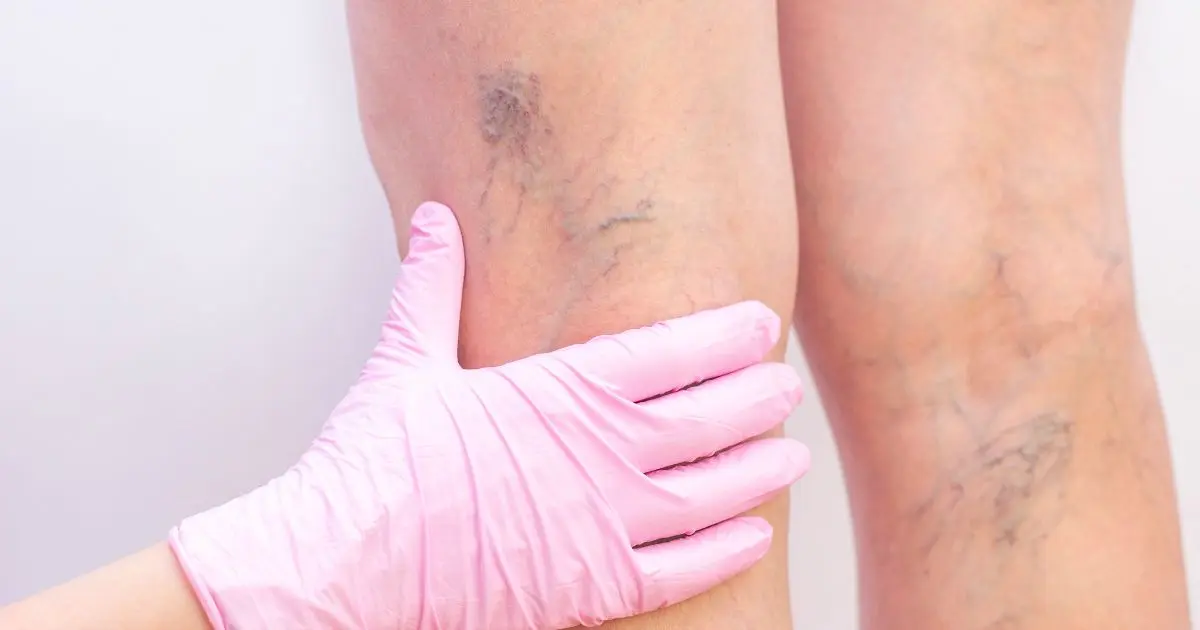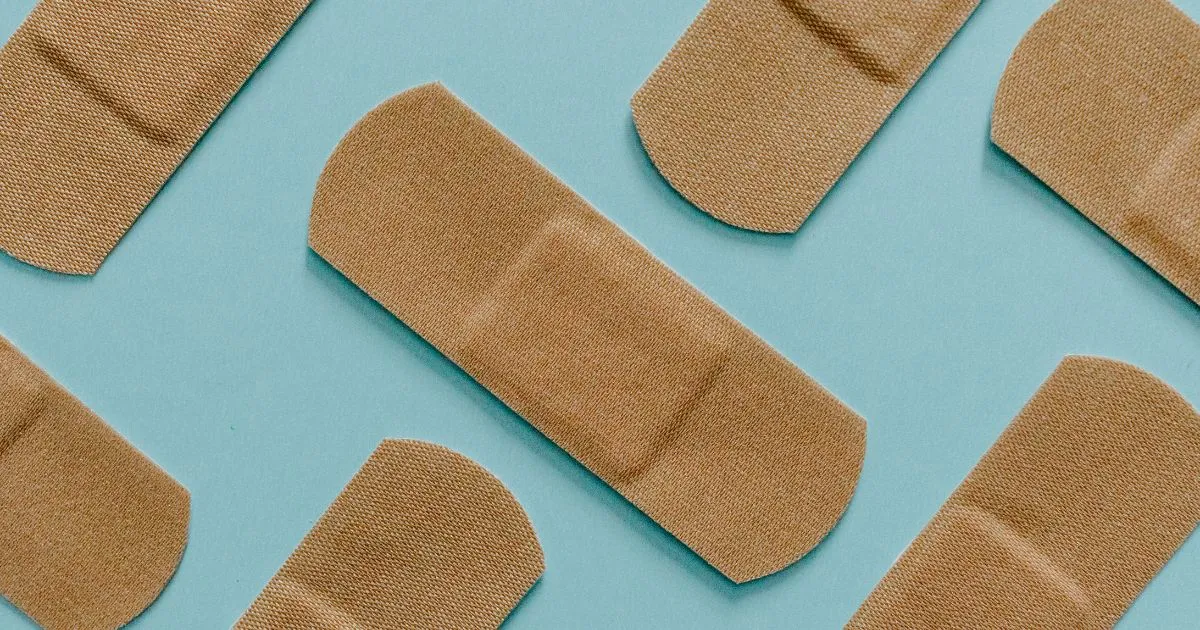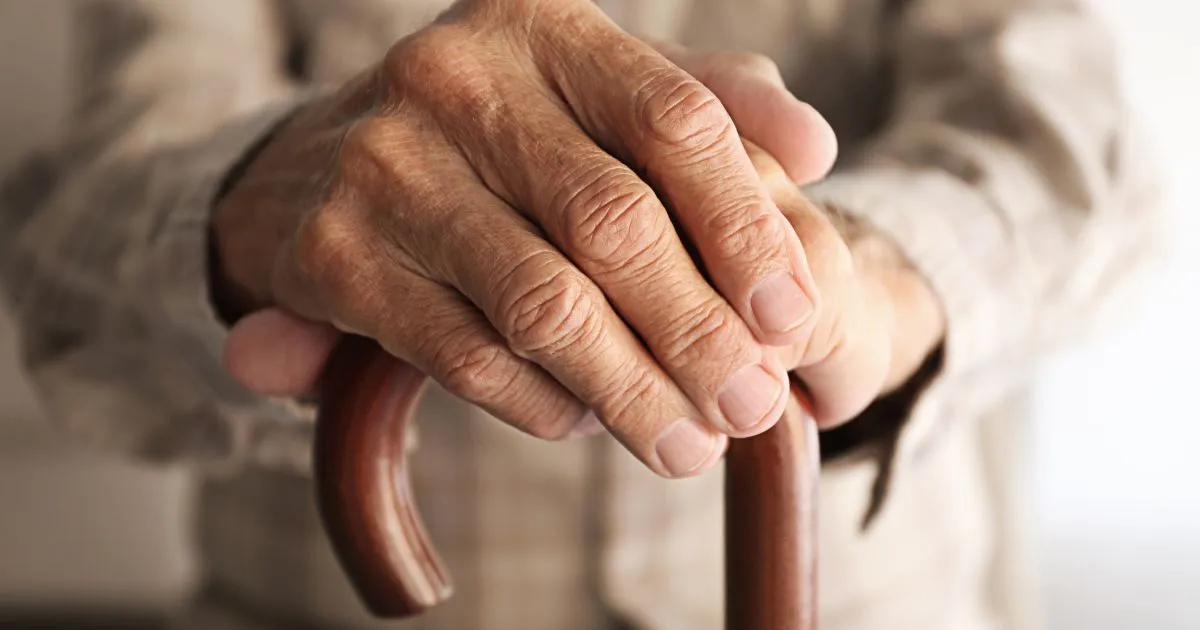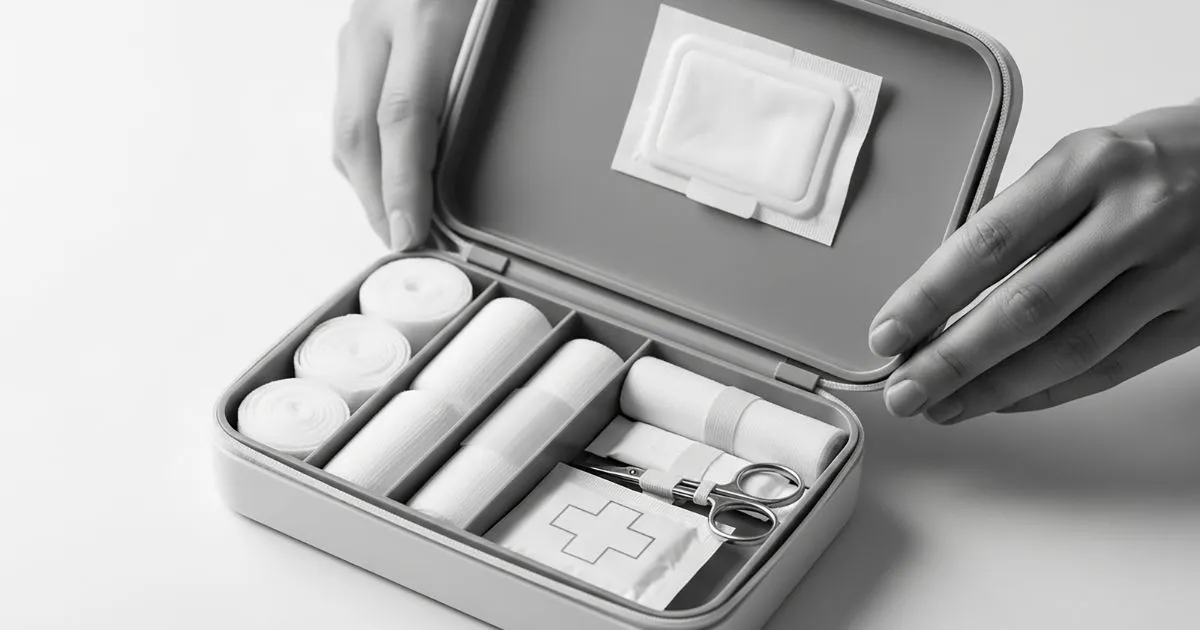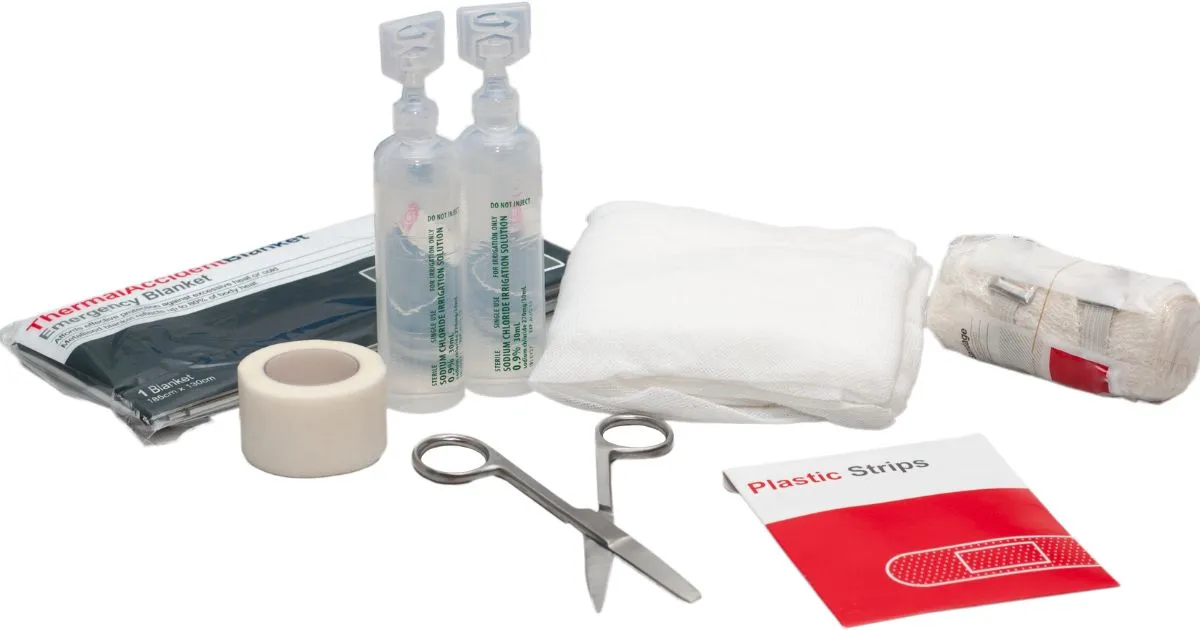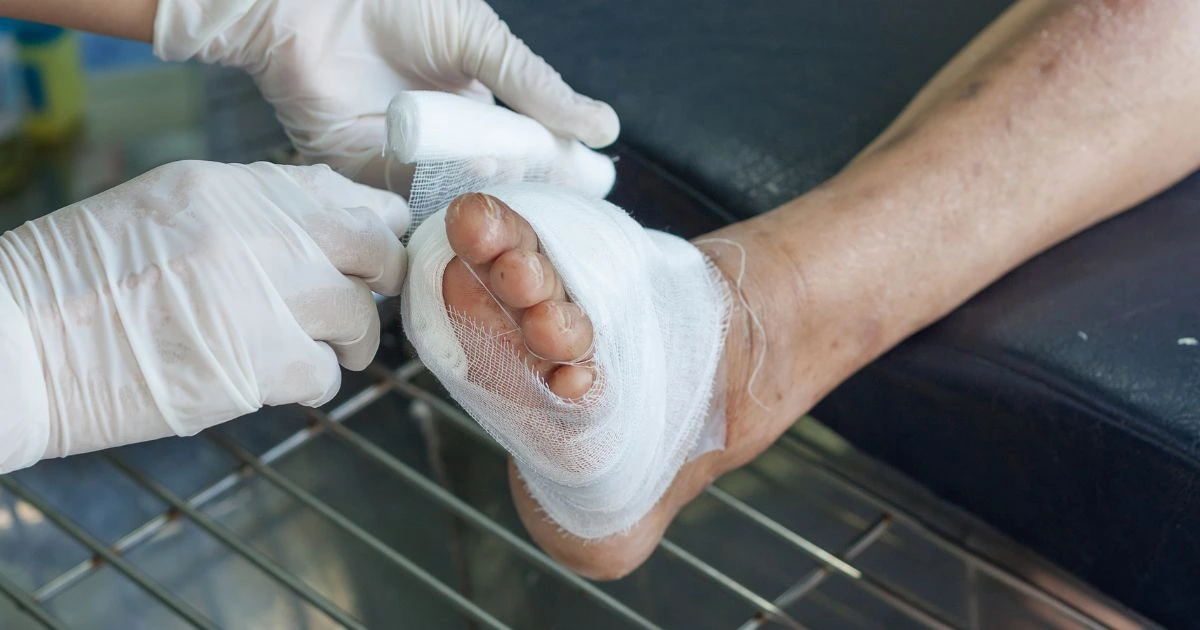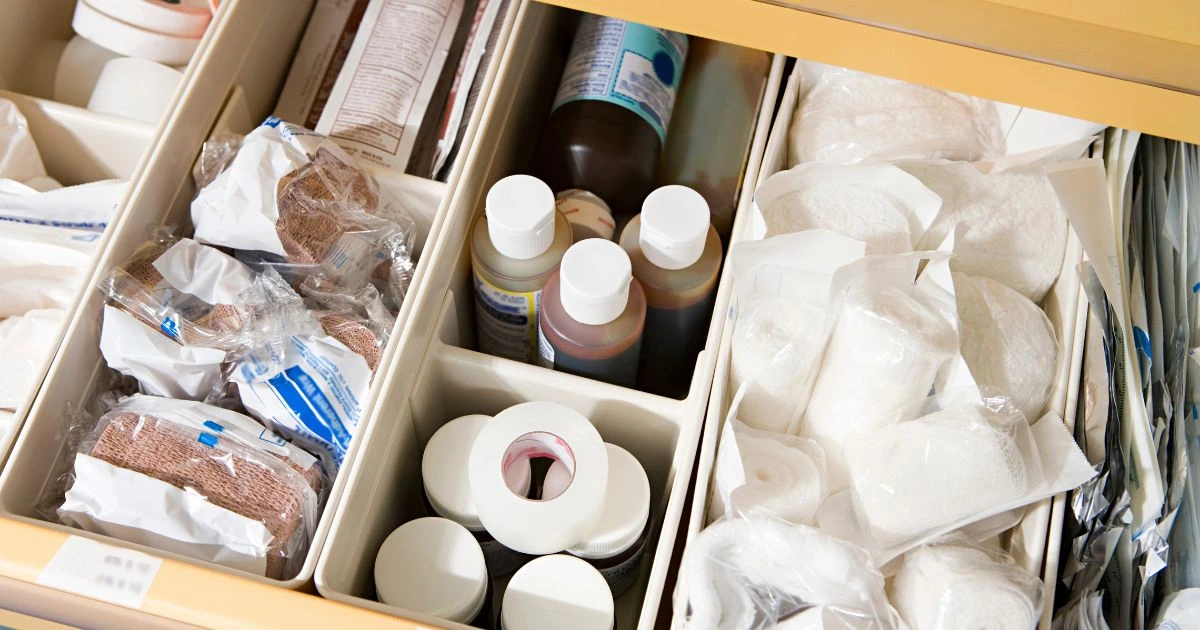When blood vessels throughout your body experience damage, blockages, or structural weakening, the resulting conditions fall under a broad category known as vascular disease. These conditions affect millions of people worldwide and can impact quality of life significantly if left unaddressed. Understanding what vascular disease is and recognizing its signs can help you take proactive...
HomeCategory
Blog
FAQs – Wound Care & Pain Management
Find answers to commonly asked questions about wound care and pain management. This section addresses patient concerns about wound healing, proper wound care techniques, pain relief options, treatment expectations, and recovery timelines. Whether you’re seeking information about acute injuries, chronic wounds, post-surgical care, or pain management strategies, our FAQ resources provide clear, evidence-based answers to help you make informed decisions about your care.
Quick Answer: The four stages of wound healing are hemostasis (blood clotting), inflammation (cleaning and protecting), proliferation (tissue rebuilding), and remodeling (strengthening). These overlapping phases work together in a precise sequence that typically takes days to weeks for minor wounds and months to years for deeper injuries. Get Expert Support for Every Stage of Healing...
Quick Answer: Age significantly slows wound recovery and affects skin health because aging reduces collagen production, decreases blood flow, thins the skin’s protective layers, and weakens immune response. Older adults typically experience wound healing times that are 20-60% longer than younger individuals, along with increased vulnerability to skin damage and infection. Take Control of Your...
Poor circulation slows wound healing because it limits the delivery of oxygen, nutrients, and immune cells to the wound site while also reducing the removal of waste products and bacteria. Without adequate blood flow, your body cannot effectively repair damaged tissue or fight infection. Contact us today to start your journey toward proper healing and...
When you live with diabetes, you may notice that cuts, scrapes, and other injuries take longer to heal than they once did. This connection between diabetes and delayed wound healing affects millions of people and can lead to serious complications if not properly managed. Understanding how does diabetes affect wound healing is essential for anyone...
Leg ulcers affect millions of people worldwide, causing pain, discomfort, and significant impacts on quality of life. If you’re experiencing a persistent wound on your leg, understanding whether it’s venous or arterial in origin is crucial for connecting with the appropriate specialists who can guide your treatment journey. At Collective Care, our wound care specialists...
Diabetic foot ulcers represent one of the most serious complications facing individuals living with diabetes. These open wounds develop on the feet and can lead to severe infections, hospitalization, and in extreme cases, amputation. Understanding what causes diabetic foot ulcers is essential for prevention and early intervention, helping patients maintain their quality of life and...
Pressure ulcers, also known as bedsores or pressure sores, represent a serious medical concern affecting millions of people each year, particularly those with limited mobility or chronic health conditions. Understanding what pressure ulcers are, how they develop, and the available treatment options empowers patients and caregivers to recognize early warning signs and seek timely professional...
Understanding wound types is essential for anyone seeking appropriate care and treatment. Whether you’ve experienced a minor scrape or are managing a more complex injury, knowing the classification and characteristics of different wounds helps you make informed decisions about when to seek professional medical attention. At Collective Care, we connect patients with trusted wound care...
Navigating Medicare coverage can feel overwhelming, especially when you’re dealing with a chronic wound that requires specialized attention. At Collective Care, we understand how important it is to know whether your medical expenses will be covered before connecting with wound care specialists. The good news is that Medicare does provide coverage for wound care services,...

